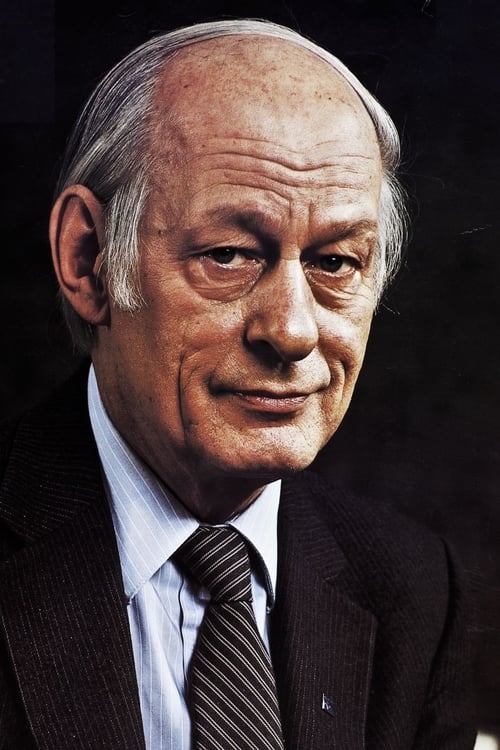
René Lévesque (1922–1987) was a Québécois politician and journalist who served as the 23rd Premier of Quebec from 1976 to 1985. Starting his career as a reporter, and radio and television host, he later became known for his eminent role in Quebec's nationalization of its electric power industry, and as an ardent defender of Quebec sovereignty. He was the founder of the Parti Québécois political pa...
Explore all movies appearances
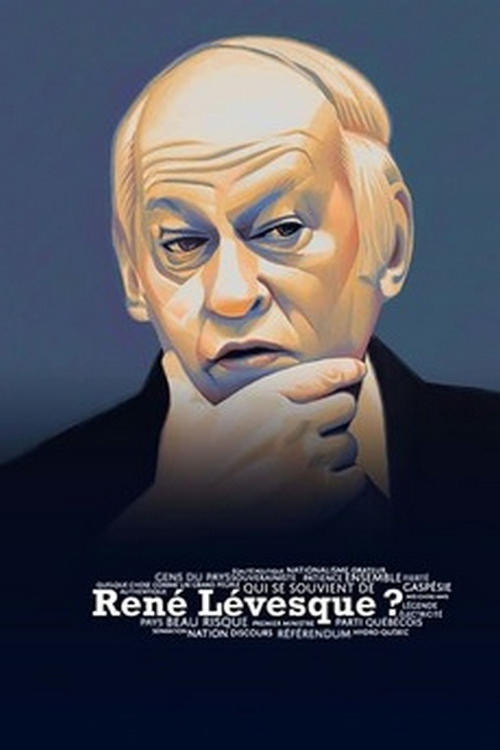
With his charisma, his energy, his integrity - but also his faults - René Lévesque left an indelible mark in the collective imagination of Quebecers: that of a hero of a people. But how can we measure his legacy, 35 years after his death and 100 years after his birth? From Montreal to New Carlisle, L'Actualité journalist Guillaume Bourgault-Côté crosses Quebec to meet certain relatives, colleagues, experts and artists who rubbed shoulders with the man, literally and figuratively. Together, they try to identify what remains of René Lévesque. By traveling through Quebec, we will better understand the legacy left by René Lévesque 100 years after his birth, 35 years after his death: his role in the sovereignist movement, the development of public and economic policies, but also the strength of his personality, which still today arouses a feeling of deep attachment among the Quebec population, regardless of political allegiances. (Translated from French.)
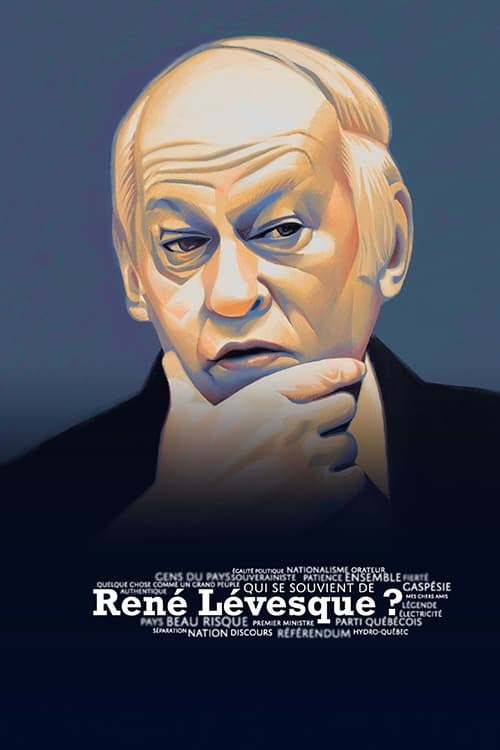
With his charisma, his energy, his integrity - but also his faults - René Lévesque left an indelible mark in the collective imagination of Quebecers: that of a hero of a people. But how can we measure his legacy, 35 years after his death and 100 years after his birth? From Montreal to New Carlisle, L'Actualité journalist Guillaume Bourgault-Côté crosses Quebec to meet certain relatives, colleagues, experts and artists who rubbed shoulders with the man, literally and figuratively. Together, they try to identify what remains of René Lévesque. By traveling through Quebec, we will better understand the legacy left by René Lévesque 100 years after his birth, 35 years after his death: his role in the sovereignist movement, the development of public and economic policies, but also the strength of his personality, which still today arouses a feeling of deep attachment among the Quebec population, regardless of political allegiances. (Translated from French.)
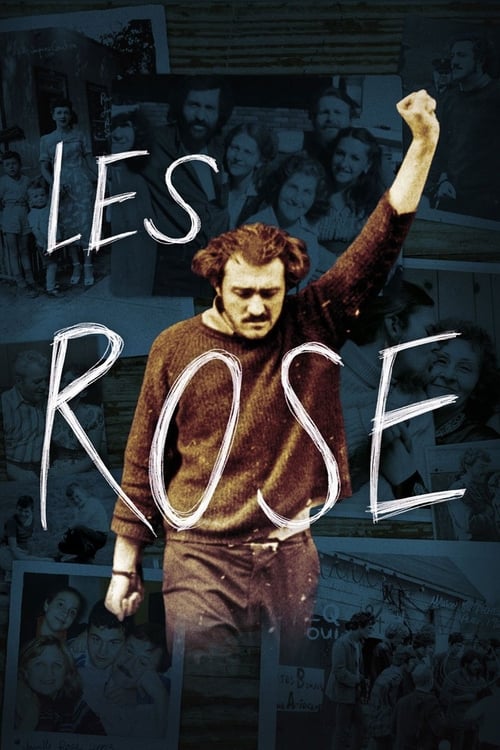
In October 1970, members of the Front de Libération du Québec (FLQ) kidnapped and murdered Minister Pierre Laporte, part of an unprecedented crisis in Quebec. Fifty years later, Félix Rose tries to understand what could have led his father and uncle to commit such crimes. Thanks to his uncle Jacques, who agrees for the first time to speak on the subject, and to the traces left by his father Paul, he revives the heritage of a Quebec working class family. The fruit of ten years of research, Les Rose allows us to revisit a time and people that we knew through clichés, and gives a glimpse of the experiences of a rebellious youth and the crimes that followed.
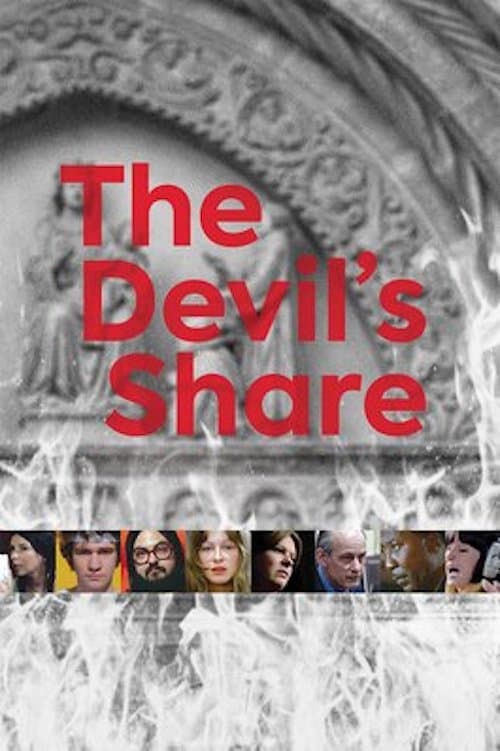
Quebec, on the cusp of the 1960s. The province is on the brink of momentous change. Deftly selecting clips from nearly 200 films from the National Film Board of Canada archives, director Luc Bourdon reinterprets the historical record, offering us a new and distinctive perspective on the Quiet Revolution.
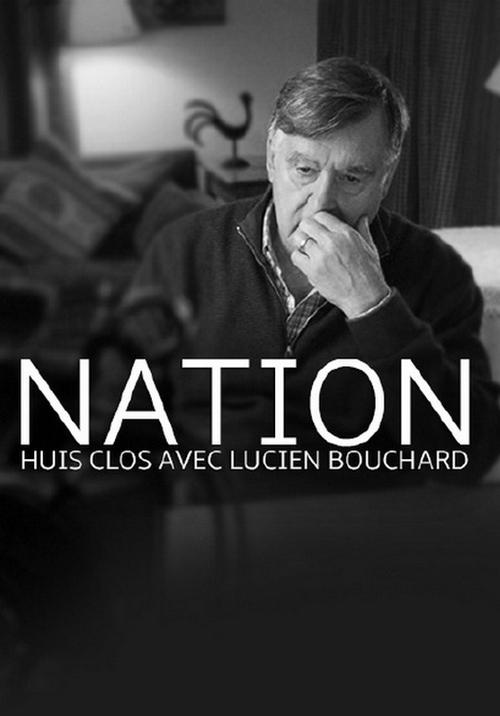
Carl Leblanc records the memories of politician Lucien Bouchard. As a unique witness to Quebec's contemporary history, Bouchard recounts the key events of his career, from his early years up to his time as Prime Minister.
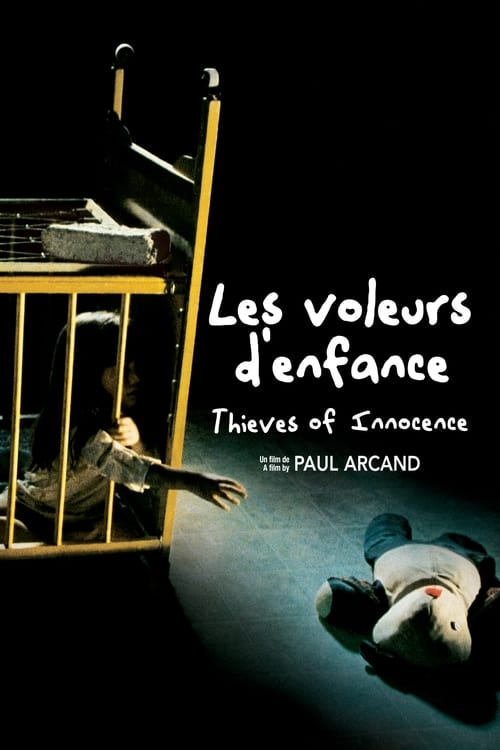
Every year in Quebec, 25,000 reports of children being beaten, sexually abused or abandoned are retained by the Directorate of Youth Protection. And nearly 40% of babies who die in the province to die because of the violence of their parents. This explains the fact that nearly 30,000 children are supported by the DPJ until the age of 18. But this government agency is in a position to meet the needs of young people? Journalist and documentary filmmaker Paul Arcand presents the testimonies of children and adult victims of abuse of all kinds, and interviews politicians, social workers and members of the judiciary on their perception of the problem. In addition, Arcand denounces the carelessness of a bureaucratic system that does not always seem to be concerned about the well-being of those for whom they are responsible.

October, 1995. The most important political event in recent Canadian history, the Quebec vote on sovereignty, is about to unfold. During the tense days leading up to the referendum for independence, 23 filmmakers from the NFB's English and French documentary studios take their cameras into the streets and homes of Quebeckers. Culled from 250 hours of footage, Referendum is an emotional portrait of a profoundly divided society. In a collage of powerful moments, the video recaptures the emotions of that time and measures them against today's political agenda. Implicit is the question: What next?
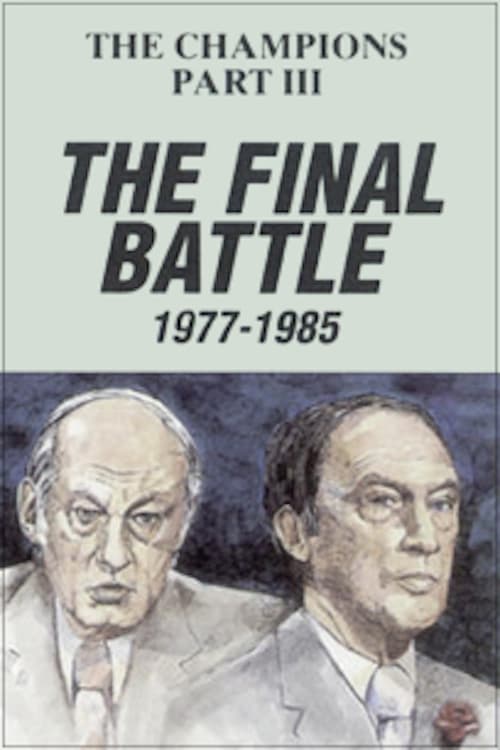
The final instalment of this 3-part documentary series about Pierre Elliott Trudeau and René Lévesque spans the decade between 1976 and 1986. The film reveals the turbulent, behind-the-scenes drama during the Quebec referendum and the repatriation of the Canadian Constitution. In doing so, it also traces both Trudeau's and Lévesque's fall from power.

A documentary which revisits the Quebec referendum of May 20, 1980, looking at both the Non/No and Oui/Yes sides.
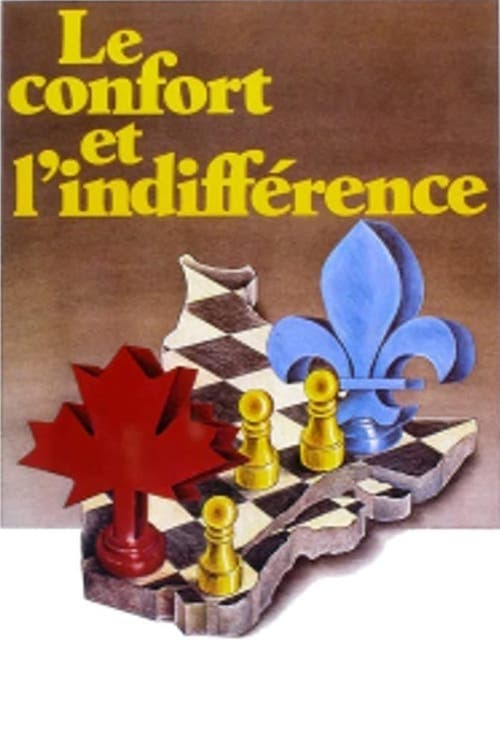
Made shortly after the referendum on Quebec's independence was held, this documentary illustrates what the politicians' promises were and how the population did not really care nor truly understand what was really at stake, even though just about everyone had an opinion on the subject.
Subscribe for exclusive insights on movies, TV shows, and games! Get top picks, fascinating facts, in-depth analysis, and more delivered straight to your inbox.